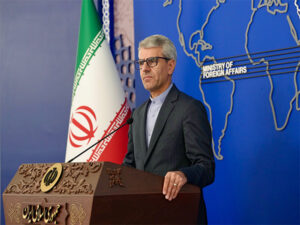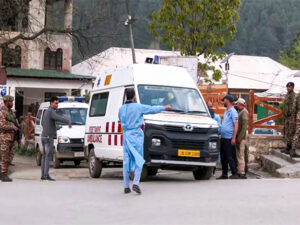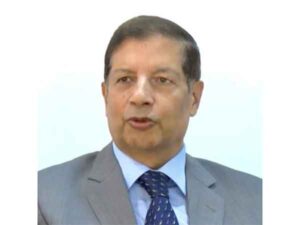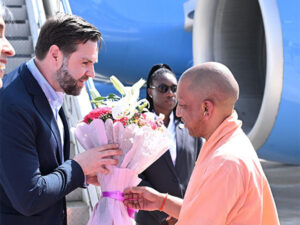‘Massive opportunities’ in Indian aviation market: IATA
Istanbul, Jun 5 (PTI) There are “massive opportunities” in the vibrant Indian aviation market, the International Air Transport Association (IATA) Director General Willie Walsh said on Monday.
Talking about the Indian market, he highlighted that there are CEOs of two Indian airlines on the Board of Governors (BoG) of IATA and it is the first time that has happened.
“It reflects the opportunity and vibrancy… there are massive opportunities and we are really excited about the future of aviation in India,” he told a media briefing on the sidelines of the IATA Annual General Meeting (AGM) here.
Air India CEO and Managing Director Campbell Wilson and IndiGo CEO Pieter Elbers are among the 31 airline CEOs on the BoG.
On Monday, IATA announced that Elbers will serve as Chair of the BoG from June 2024.
India is one of the fastest growing aviation markets in the world and Air India has embarked on an ambitious expansion plan, while IndiGo is set to fly to more international destinations.
Earlier this year, Air India placed a historic order for 470 planes with Airbus and Boeing.
On domestic routes, Indian carriers flew 5.04 crore passengers during the 2023 January-April period, as against 3.53 crore in the year-ago period, recording an annual growth of 42.88 per cent, as per latest official data.
Meanwhile, at the briefing, Walsh said airfares are often high due to factors outside the control of airlines such as taxes and airport charges.
He was responding about high airfares in the country.
About India’s stance of common but differentiated responsibilities in efforts to reduce carbon emissions, Walsh said it has a been a long standing decision. “… We acknowledge and recognise the decision of India and many other countries do highlight the need to reflect differentiated responsibilities”.
Last month, India said that the International Civil Aviation Organization (ICAO) should continue to be guided by “common but differentiated responsibilities” in the efforts to achieve net zero carbon emissions for the aviation sector.
Based on “realities and infrastructure constraints”, India has set a target of achieving net zero emissions by 2070, Civil Aviation Secretary Rajiv Bansal had said at an ICAO symposium.
He had also said that the transition towards a lower carbon and Sustainable Aviation Fuels (SAF) will be fundamental to achieving the net zero target by 2050.
“The process of SAF legislation, regulation, production, and deployment is external to civil aviation and requires multi-agency participation. The competition for biofuels from other sectors, especially road transport poses a challenge of prioritisation.
“The application of sustainability criteria for CORSIA-eligible fuels is another area, which will require external verification bodies to apply their rules,” he said.
CORSIA (Carbon Offsetting and Reporting Scheme for International Aviation) seeks to reduce emissions in the aviation sector by way of a carbon offsetting mechanism and is being implemented in phases.
With respect to SAF, Walsh, at the media briefing, asserted that there cannot be a mandate for something that does not exist.






